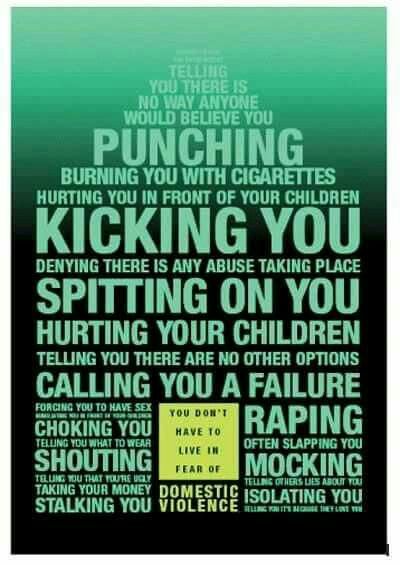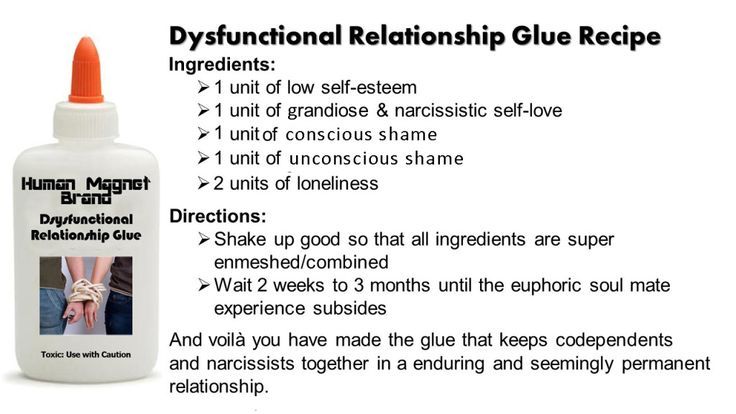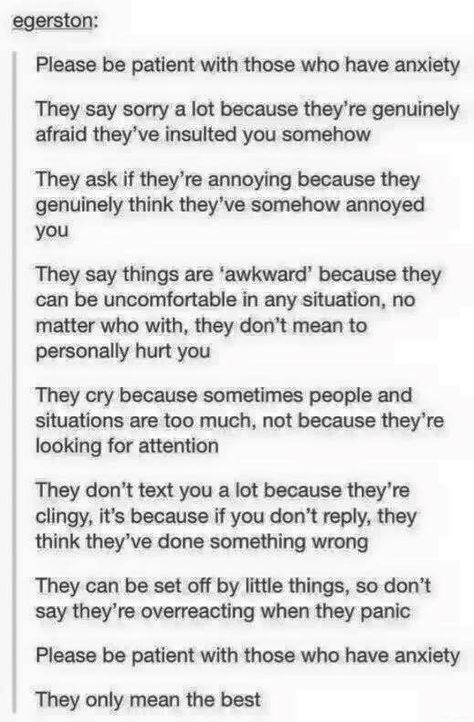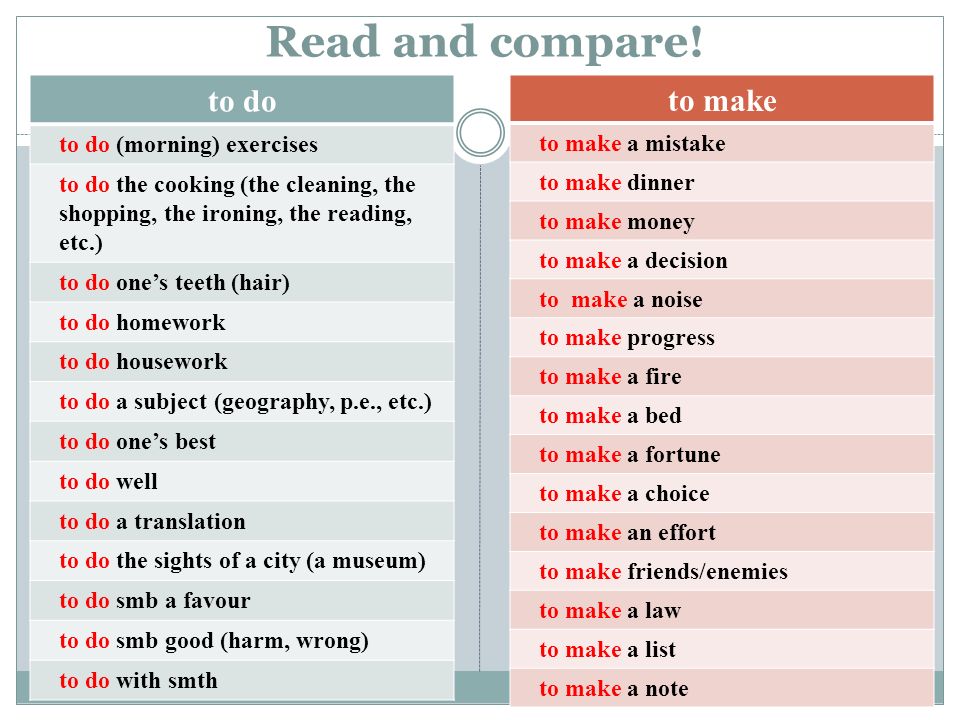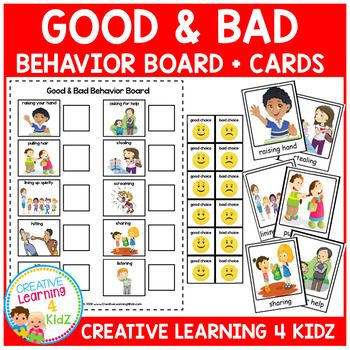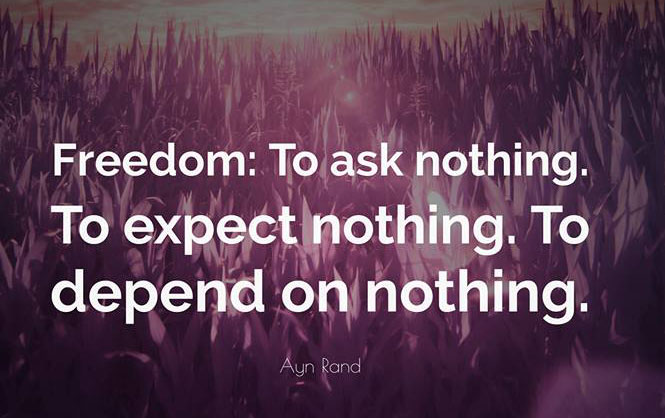What does it mean when you feel empty inside
Feeling Empty? Here's What It Could Mean and How To Stop It
That feeling of emptiness. It’s right there in your chest, yet you’re unsure how it came about. Is it sadness? Melancholy? Boredom? It may be a little of everything.
Feeling this way is not uncommon. You might call it “feeling empty,” while someone else might call it something different.
What matters the most is that it’s real, valid. Although overwhelming, it can be managed.
Uncovering what’s lying underneath this emptiness feeling might not be a straightforward process, but it’s possible and a recommended first step toward resolution.
The feeling of emptiness might last a few days and then resolve on its own.
Other times, it might linger for two weeks or longer. When this is the case, learning to recognize cognitive distortions and seeking the support of a mental health professional can help.
Feeling empty can sometimes manifest as a sense of loneliness, confusion about your life and goals, or lack of motivation to pursue anything in life.
Everyone might feel this void in their heart from time to time.
The experience could have many causes, including shifting hormonal levels, losing a job, or the required physical distancing that comes with a pandemic.
Any life stage or situation that may require you to reflect on yourself and your life might also lead to a temporary feeling of emptiness.
Although not in every case, feeling empty could also signify some mental health conditions, such as depression, bipolar disorder, or post-traumatic stress disorder. Only a mental health professional can diagnose your condition accurately.
Losing touch with yourself
It’s not unusual for someone to lose touch with themselves once in a while. A lack of insight into yourself may lead to that lingering emptiness feeling.
Some people call this “living without a purpose.” It means that you might not have clarity on the type of person you are or the one you want to become.
Not having specific goals or dreams to achieve can also lead you to feel empty.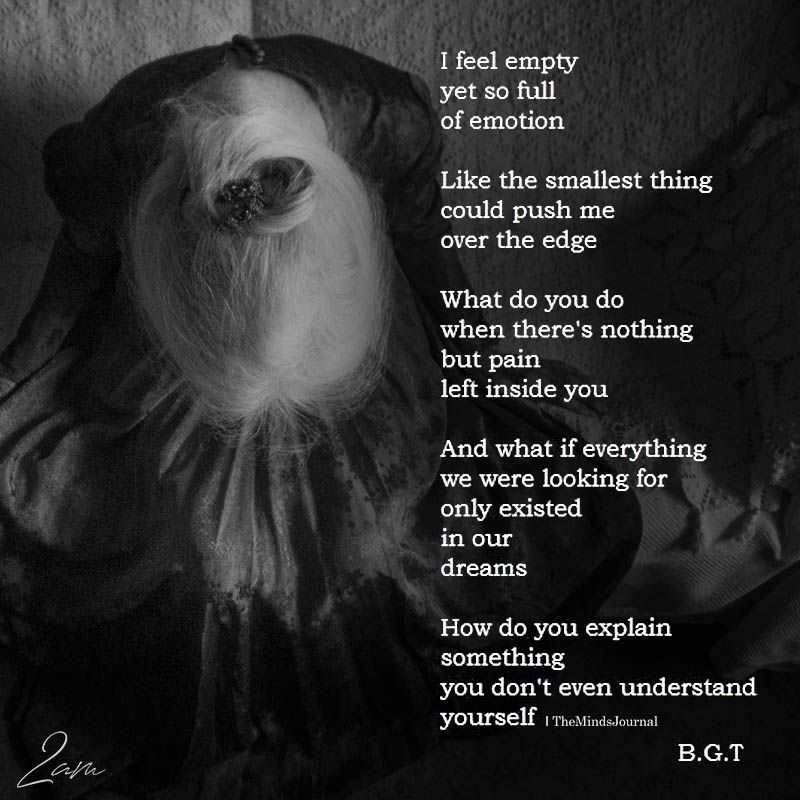
Losing touch with yourself can come from many circumstances. For example, a consuming relationship or a demanding job.
Unresolved past experiences
Sometimes, feeling melancholy might have to do with a long grieving process that you haven’t explored yet.
For example, an unresolved painful experience in your childhood or a sense of abandonment from a family member.
When we don’t openly talk or explore emotions that have been with us for a long time, they might manifest in other ways.
Even if it feels overwhelming and painful, thinking and talking about significant past events that caused you grief may help you process them. Depending on how strong you feel about these events, going through the process with a mental health professional is highly advisable.
Not taking care of yourself
For some people, taking care of others might come first. This could lead them to put their own needs aside for a long time. This, in turn, may lead to feeling empty.
You might feel that making others happy makes you happy, too. Even if this is the case, it’s important to consider that supporting others is not exclusive of supporting yourself.
Everyone needs support and care, including you. Often, when your needs are fulfilled, you become better equipped to help and support others, too.
Abandoning yourself, not listening to your own hopes and desires, could make you feel empty, explained Kaitlyn Slight, a marriage and family therapist in Durham, North Carolina.
Not taking care of your needs can lead to anxiety, guilt, and shame, Slight said. These symptoms might be what you call “feeling empty.”
How much time you spend on social media might also affect how you feel and could fuel the feelings of emptiness.
In many instances, accounts you follow on social media might portray a lifestyle that’s not realistic or a perfect life or appearance. This could lead you to compare yourself and inevitably underscore your life.
Not having significant relationships
The Harvard Study of Adult Development, one of the longest studies about adult life, has found that maintaining close and good relationships is the most important aspect of the human experience.
This means that it’s not about how many relationships you have but rather the quality of these relationships.
Emotional intimacy, support, active listening, and company are all important. When these are missing in your life, it could lead to feelings of emptiness and loneliness.
Depression is a mental health condition that involves many symptoms including:
- lacking energy and motivation
- persistently feeling sad
- feeling hopeless
- sleeping too much or too little
- not being able to focus
- not being able to enjoy activities or people
- feeling guilty or worthless
A feeling of emptiness or numbness could be another sign of depression, according to Ashley Eder, LPC, a psychotherapist in Boulder, Colorado.
In fact, some of Eder’s clients who live with depression report feeling empty instead of sad, she said.
“This kind of empty feeling comes with not caring about much, not being interested in things, not feeling fueled by anything in particular,” Eder explained.
Feeling empty is not always a sign of depression, though. The only person who can diagnose your condition accurately is a mental health professional.
It’s natural to feel concerned if you’ve noticed a change in yourself. Recognizing this feeling and addressing it is the first step toward feeling better.
If you’re feeling empty, seeing a mental health professional can help.
A therapist could help you work through your feelings, uncover the cause of the numbness, and address it in a way that works best for you.
Finding ways to stop feeling empty may depend on what’s causing it.
For example, if you feel numb after trauma, you might need to process this particular event. If you’ve felt empty for a long time, psychotherapy can help you unveil some of the reasons that led you here.
You can read about the different types of hopelessness here
Gently acknowledge the emptiness
If you’re experiencing emptiness that’s more like a gaping hole, acknowledge it, and be gentle with yourself, said Eder.
Remember that you’re doing the best you can at any given moment. Feeling guilty is not uncommon, but it might stop you from seeking help.
Begin by recognizing your own feelings and needs. Even if challenging, try to avoid dismissing yourself and what you feel.
If you acknowledge that your feelings are linked to a loss you experienced, consider allowing yourself time and space to grieve openly. Grief looks and feels different to everyone, and there are no right or wrong ways to do it.
Once you’ve acknowledged your losses, you might go through five stages of grief.
Maybe the loss involves someone leaving your life physically or emotionally.
Eder suggested speaking to yourself with compassion when exploring these feelings and past experiences.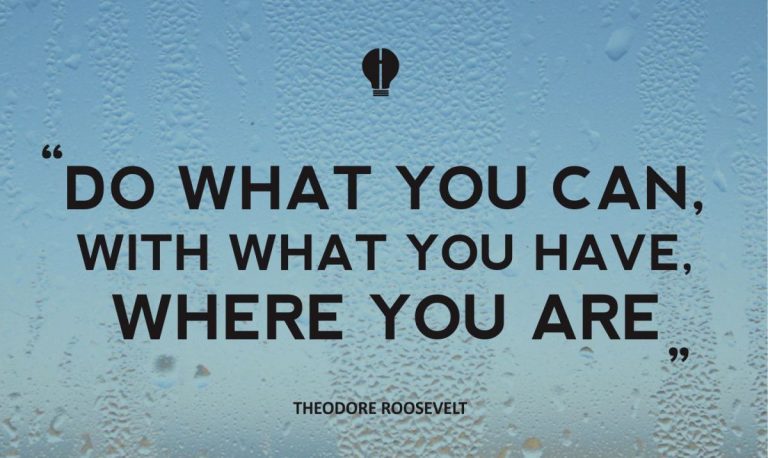 For instance, you might say: “It’s been hard to feel so lonely,” or “You’re right; you did need more love.”
For instance, you might say: “It’s been hard to feel so lonely,” or “You’re right; you did need more love.”
Save time for yourself every day
It’s natural to sometimes turn to certain events or activities to not think about how you feel. For example, you might feel inclined to go out with friends or spend the night playing video games.
Slight suggests you fight the urge and instead save time to be with yourself and look within. This may include exploring your own desires, fears, hopes, and dreams, she said.
Because different activities work for different people, you might find that meditation, writing, or exercise helps you refocus yourself.
“It may feel uncomfortable at first, but the more you practice devoting time and energy to yourself and caring for yourself, the less present those empty feelings will be,” Slight said.
Explore your current feelings
Eder suggested setting a timer for 5 minutes and noticing what you’re feeling right now.
“It doesn’t have to be earth-shattering,” she explained.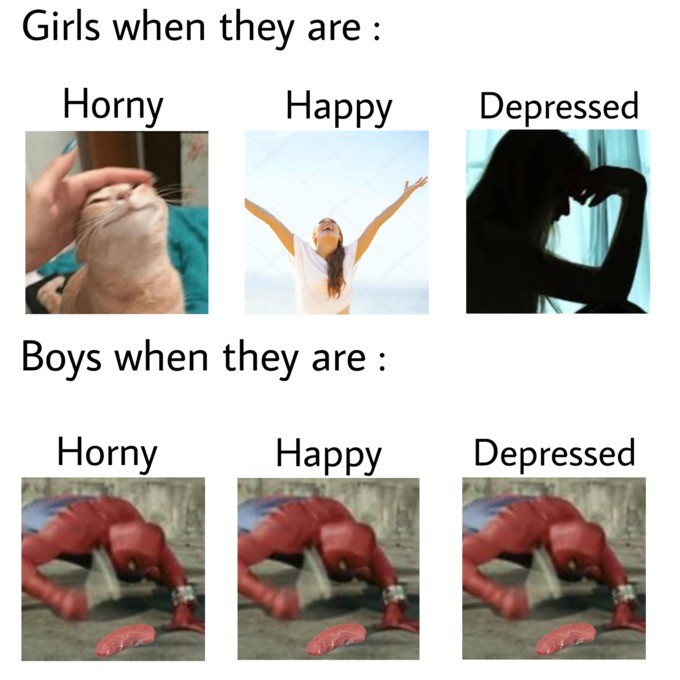
You might want to write “bored” or “distracted” or “curious.” If you’re having a hard time naming your feelings, Google “feelings list,” she suggested.
It also can help to pick one part of your body, such as your hand or head. Eder recommended to then “scan for various categories of sensation like temperature, tension or movement.”
Practicing these exercises every day can help you open yourself to deeper and longer self-explorations.
You can read more about somatic exercises for anxiety here
Explore your feelings of emptiness
Journaling might also help work on your feelings of emptiness, said Slight.
She suggested exploring the following questions as a starting point:
- Have I been judging myself or comparing myself to others?
- Do I tell myself positive things? Or do I tend to notice failures or call myself names?
- Are my feelings being considered in my relationships, or am I minimizing what I am feeling?
- Am I actively tending to my physical and health needs?
- Have I turned toward behaviors or addictions to avoid my feelings?
- Am I focusing solely on the needs of another person or people?
- What am I trying to prove or win?
- Am I blaming myself or feeling guilty about things that are out of my control?
- Am I showing myself compassion like I would with a close friend or family member?
- Am I asserting myself in my decisions and respecting my personal opinions?
Connect with others
After sitting with your feelings and exploring them, you might find it helpful to connect with others.
Reaching out to friends or family can help you feel better, especially if you’re able to confide in them about your feelings.
One idea is to regularly connect with loved ones through social engagements, hobbies, and mutual interests.
Practice self-care
Depression and grief might sometimes cause you to neglect daily self-care. This is not something to feel ashamed of, but engaging in acts of self-care might help you feel better.
This could include basic things, such as eating nutritious meals, getting enough sleep, and exercising. Hunger and tiredness can sometimes exacerbate negative feelings.
Consider finding positive outlets for your emotions, like journaling, a new hobby, or creative pursuit.
Mindfulness and yoga are also often recommended for depression and anxiety.
Consider a 10-minute yoga workout on YouTube or a quick meditation exercise using a mindfulness app.
You might also want to limit the time you spend on social media.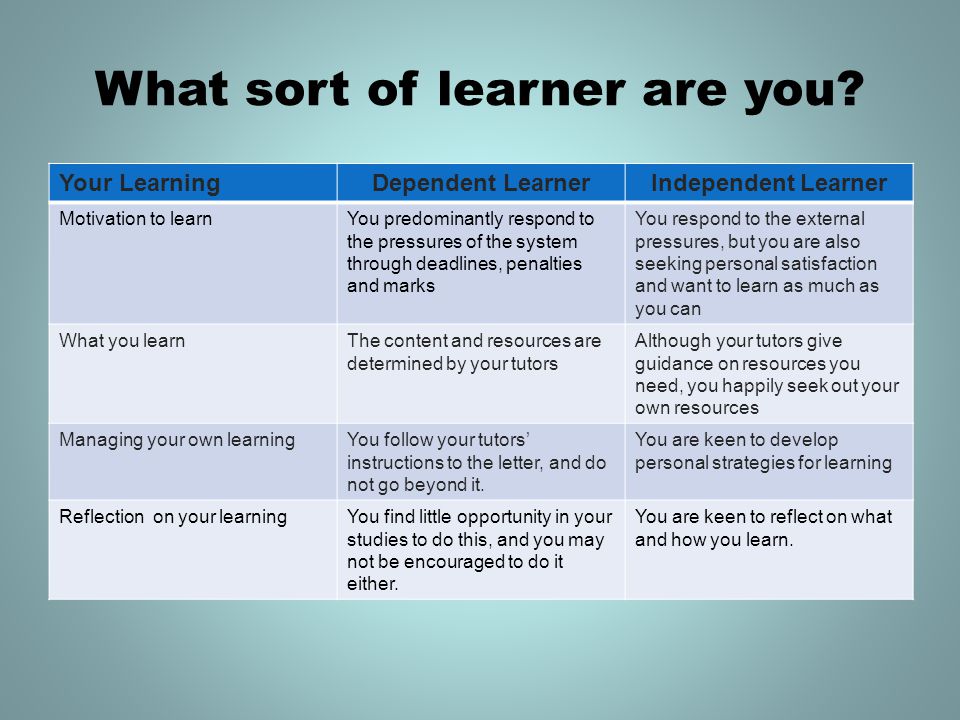 This could progressively help you feel better.
This could progressively help you feel better.
If you can’t or don’t, then try reminding yourself that what you see on the screen might not be an attainable goal for anyone. You could see it as watching a science-fiction movie that’s fun to watch but not based on reality.
Commend yourself
You’re doing the best you can with the resources at hand.
Even as children, some people find ways to protect themselves from hurt. One of these ways might be repressing feelings. “In that case, give yourself credit for coming up with a solution that worked when you were small and powerless,” said Eder.
Commend yourself for all the ways you’ve come up with to cope with events in your life.
Now, said Eder, consider allowing those feelings to come out. “You have some catching up to do. And you don’t need to rush to override your old way of survival,” she added.
Sometimes, feeling empty might lead to more distressing thoughts.
If this is your case, Slight said, considering therapy can help. It can help “empower you to make your own decisions about how to implement positive changes.”
It can help “empower you to make your own decisions about how to implement positive changes.”
If you are experiencing symptoms of depression, unable to function in your daily life, or considering hurting yourself or others, a mental health professional can help.
If you or someone you know is considering self-harm, you’re not alone. Help is available right now:
- Call a crisis hotline, such as the National Suicide Prevention Lifeline at 800-273-8255.
- Text HOME to the Crisis Text Line at 741741.
- If you’re outside of the US, Befrienders Worldwide lists helplines in different countries.
Although it’s natural to feel empty or numb from time to time, these feelings can sometimes linger for two weeks or more.
Acknowledging how you feel and setting a few self-care strategies in place can help. Seeking professional help is also advisable.
“Whether you are experiencing difficult relationships, losses or feeling a lack of purpose or meaning, you are worthy of living a fulfilling and meaningful life,” Slight said.
Here are a few resources to take the first step to feeling better:
- American Psychiatric Association
- American Psychological Association
- National Alliance on Mental Illness
- National Institute of Mental Health
- Project Air
- GriefShare support groups
PTSD Brain Fog: Causes, Symptoms, and Treatment
The effects of trauma can linger. If you sometimes lack mental clarity and feel fatigued, you may be experiencing PTSD-related brain fog.
Post-traumatic stress disorder (PTSD) can arise after you experience a traumatic event. There are many symptoms, including nightmares, flashbacks, and panic attacks, which can occur spontaneously or when something reminds you of the trauma.
Because of its broad effects on the nervous system, PTSD can cause some less well-known symptoms, too, including dissociation, brain fog, and physical pain.
Experiencing trauma can affect your body and mind in various ways. If you’re living with the aftereffects of trauma, you might notice a slow, sluggish mental state known as brain fog getting in the way of your personal or work life.
What is brain fog?
As the name suggests, brain fog is when you’re unable to think clearly. You might experience:
- spacing out or being unable to focus
- feeling disconnected from your surroundings
- difficulty with memory
- trouble keeping up with conversations
- a short attention span
- losing your train of thought
- feeling disoriented
Brain fog isn’t a condition on its own. Instead, it’s a symptom with a range of possible causes, one of which can be PTSD.
How can trauma cause brain fog?
PTSD and brain fog have something in common: inflammation. PTSD can lead to inflammation in the brain (neuroinflammation), which can contribute to brain fog.
Inflammation is a known contributing factor to physical health problems like cancer and heart disease — so it’s no surprise that PTSD-related neuroinflammation can lead to brain changes, as reported in a 2020 review.
The National Center for PTSD describes the relationship between inflammation and PTSD as bidirectional causal, which means the two cause or contribute to each other. They also identify a link between PTSD and autoimmune disorders, which research shows are also inflammation-driven.
They also identify a link between PTSD and autoimmune disorders, which research shows are also inflammation-driven.
Brain fog and nervous system changes
Your sympathetic nervous system responds to trauma with a fight, flight, freeze, or fawn response. This response protects you by preparing your body for action against a threat. During this response, your body releases the stress hormone cortisol.
At the right time and in the right amounts, cortisol can be extremely helpful. For example, it can give you the energy to save yourself by accessing fuel (glucose and fatty acids) in your liver.
In excessive amounts though, this stress response can lead to inflammation.
After trauma, your nervous system needs a chance to reset and return to the parasympathetic state known as “rest and digest.” This is because staying in fight-or-flight mode maintains a continuous state of stress that can wear out your body and cause unwanted health effects.
If you live with PTSD, you likely experience repeated stress responses in the form of intrusion symptoms. This means you may live with higher amounts of cortisol.
This means you may live with higher amounts of cortisol.
The elevated inflammation can occur anywhere in your body, including in your brain. This can lead to effects like:
- brain fog
- cognitive difficulties
- memory loss
Complex PTSD
Trauma-related nervous system effects are amplified in complex post-traumatic stress disorder (CPTSD). CPTSD arises from ongoing trauma, like repeated abuse. It can be current or from your childhood.
If you live with CPTSD, you are more likely to experience a continued stress response with even less recovery time.
The repeated or prolonged stress response from PTSD and CPTSD increases your circulating cortisol, which affects your immune system and causes inflammation.
According to the American Psychiatric Association (APA), PTSD symptoms fall into four categories:
- Intrusion: unwanted thoughts, such as memories and distressing dreams.
- Avoidance: refusing to talk about the trauma or avoiding people or situations that remind you of it.

- Alterations in cognition and mood: distorted or harmful thoughts, like believing you’re to blame, or that no one is trustworthy.
- Alterations in arousal and reactivity: mood shifts, potentially harmful behavior, hypervigilance, insomnia, and problems concentrating.
Brain fog is a type of alteration symptom that many people with a history of trauma experience.
You may be able to manage PTSD brain fog and reduce its effects. Self-care measures can calm your nervous system which may help you think more clearly.
Diet
Diet impacts brain function, and it helps to eat nutrient-dense food, like:
- vegetables
- fruits
- whole grains
- olive oil
- fish
- low fat dairy
The Mediterranean diet is considered beneficial for brain health. Replacing processed food with unprocessed options is another important step you can take.
If you’re feeling too overwhelmed to revamp your entire diet, making one change at a time can still help.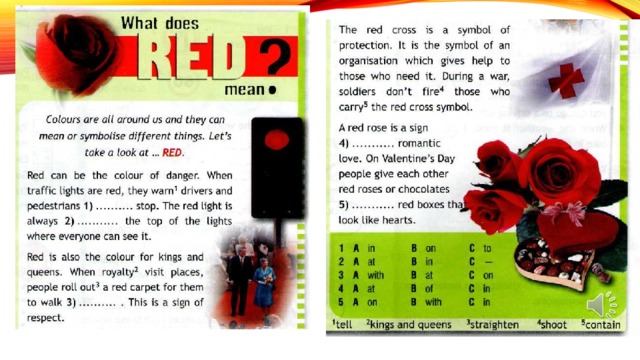
Sleep
Research links sleep deprivation to neuroinflammation. So, if you’re living with PTSD and you can’t get enough sleep at night, this can intensify your brain fog.
Working on improving your sleep hygiene may help. This means building habits that help you sleep, like a wind-down routine, consistent sleep-wake times, and caffeine and screen cut-offs.
Exercise
Exercise increases circulation through your body and brain, which helps delivers important nutrients to your brain. It can also help you sleep better.
The Centers for Disease Control and Prevention (CDC) recommends that adults get 150 minutes of moderate to intense exercise, plus two days of strength training, each week. You can distribute those minutes however you like, such as 30 minutes per day over five days.
If this feels like more than you can do right now, some exercise is better than none. It will still help to log more minutes even if you don’t reach 150 weekly.
Trauma-informed mindfulness
Mindfulness is a practice that can help calm your fight-or-flight response. It can help you relax and feel better.
It can help you relax and feel better.
For some people with trauma, mindfulness can trigger PTSD symptoms. If this happens to you, it may be helpful to try trauma-informed mindfulness with the help of a trained therapist.
Your nervous system responds to trauma with a protective stress response. For some people, that response is recurring or continuous, even after the traumatic event is over.
PTSD and CPTSD can make it hard for your nervous system to reset and rest. This results in persistently elevated inflammation, which can lead to brain fog.
You may be able to manage brain fog with some lifestyle interventions like dietary changes, consistent sleep, and regular exercise.
For more information about PTSD and how to manage its effects, you can visit Psych Central’s PTSD resource page.
90,000 causes, symptoms and how to deal with? You go to work, study, make plans, everything suits you and suddenly everything loses its meaning. What was useful yesterday is useless today. Where does the emptiness inside come from and how not to fight it? How to feel the joy of life during such a spiritual "abyss"? What needs to be done to combat the inner cold and emptiness? If you find a “desert” inside you, it’s time to plant a “flowering garden”. Read to the end and there will no longer be a feeling of emptiness inside you. nine0003
Where does the emptiness inside come from and how not to fight it? How to feel the joy of life during such a spiritual "abyss"? What needs to be done to combat the inner cold and emptiness? If you find a “desert” inside you, it’s time to plant a “flowering garden”. Read to the end and there will no longer be a feeling of emptiness inside you. nine0003
Causes of feelings of emptiness.
When you realize “I can no longer fight indifference to everything”, then it's time to give yourself a moral shake-up. It is important to understand why life has ceased to boil inside you, and you resemble a squeezed lemon. Psychological decline cannot arise just like that - it has a rationale. Why has ordinary life turned into a kind of gray mass, where there is neither joy nor a sense of freedom? Life turns into a black and white movie when a person is morally exhausted. Routine, eternal fuss gradually takes away energy. nine0003
If the first year of office work with a strict boss was bearable, then after three years you don't want to just get out of bed and even think about going to work.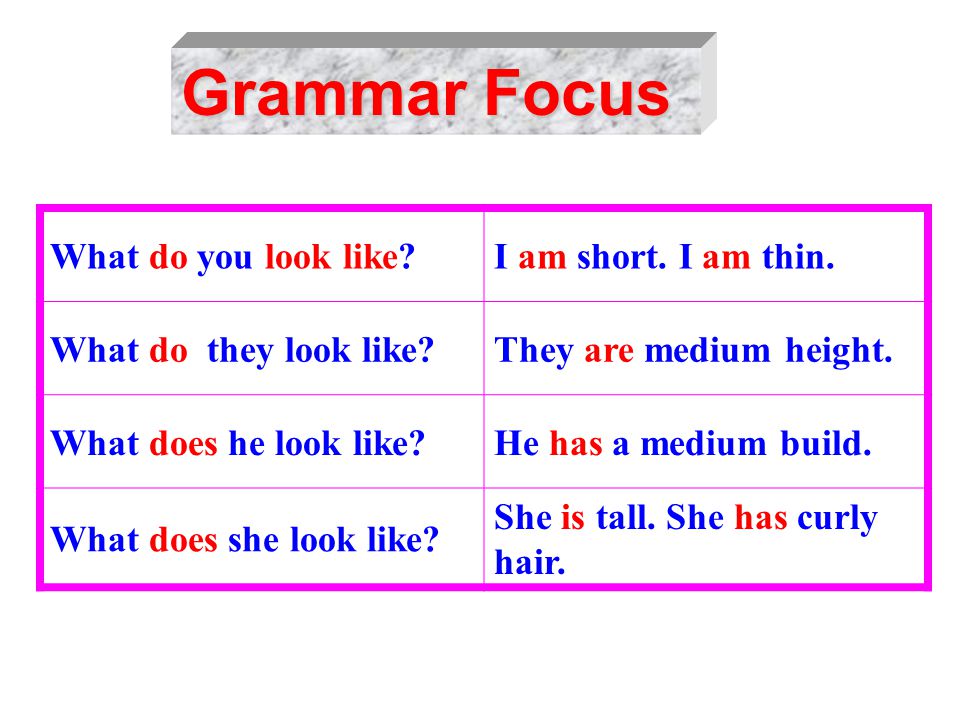 The presence of stress is another factor that can drive a person into a corner, take away any desire to act. Fear of drastic changes, loss of something, critical situations for which we are not ready - this inspires a feeling of loneliness and devastation.
The presence of stress is another factor that can drive a person into a corner, take away any desire to act. Fear of drastic changes, loss of something, critical situations for which we are not ready - this inspires a feeling of loneliness and devastation.
The emptiness inside is often the result of shocks. How can you think positively when your friend has betrayed you or, conversely, you let him down? When you spent the whole night creating a project to attract investment in your business, and your competitor bribed investors and won. Shock is a great stress that knocks a person off the usual path. nine0003
Take a depression test
When important goals are replaced by unplanned situations, the psyche can not stand it. Usually, after such a shake-up, a person says “I can’t take it anymore” and he has a frightening feeling of emptiness in his soul. The acute period has passed, but the consequences of it leave a detrimental imprint. Here there is a difficulty to return to the usual rhythm of life and again want to act for new results. If you lose what you have been saving for so long, what you valued, your hands drop, and silence sets in inside. nine0003
If you lose what you have been saving for so long, what you valued, your hands drop, and silence sets in inside. nine0003
There is an emptiness inside, but what to do next? Under the influence of indifference, melancholy, apathy comes depression. Under its influence, a person acquires the status of "hopelessness" and a complete lack of initiative to do anything. Therefore, as soon as emptiness has entered the soul, it must be expelled with all efforts. Otherwise, a person ceases to be a person, and his life becomes like a mess. In order not to completely alienate relatives, friends, and the prospect of being happy in such a state, you need to distinguish between true reasons and false ones. Often, emptiness is a simulated state in which we lure ourselves into, due to such reasons:
- Lack of attention or lack of privacy. "I'm so lonely/lonely, no one loves me." You need to go to a meeting to communicate with interesting people and not become isolated in yourself.
- The whole day at work is completely exhausting, and then all that remains is to lie down on the sofa and watch TV.
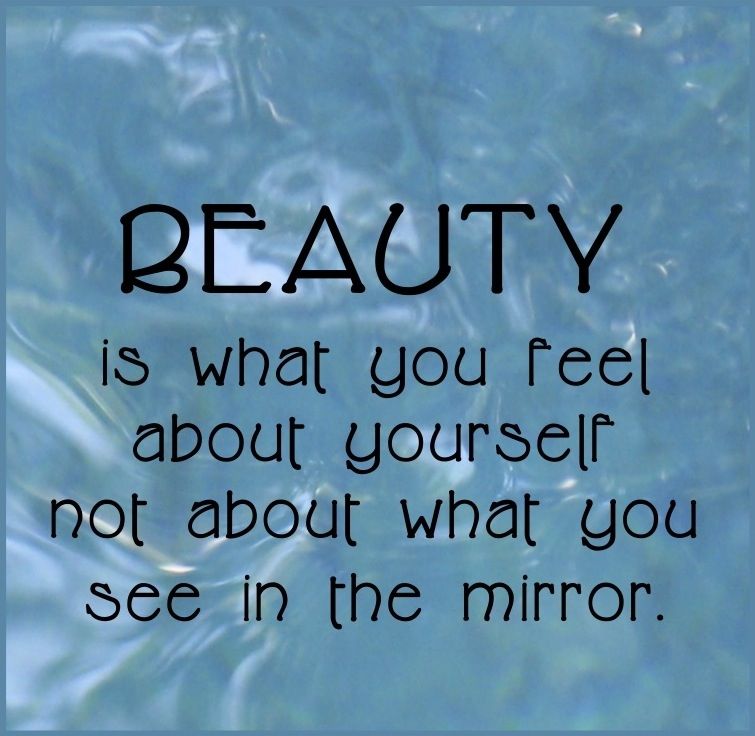 The work requires a responsible approach, the fulfillment of duties that sometimes go against the grain of the employee. It is important to be ready to contribute or think about finding a more interesting job. We ourselves create the framework in which we experience oppression. nine0022
The work requires a responsible approach, the fulfillment of duties that sometimes go against the grain of the employee. It is important to be ready to contribute or think about finding a more interesting job. We ourselves create the framework in which we experience oppression. nine0022 - A long wait for success gradually takes away energy. After a while, any desire to achieve goals disappears. When you do not feel the result, the effect of your actions, you gradually lose interest. You need to reconsider your views on the venture or pay attention to another type of activity.
- "I can no longer live in poverty, I don't want to be with these people, I deserve better." Lack of benefits, dissatisfaction with communication makes every day gray, and a person a pessimist. Just what have you done to live in prosperity and be surrounded by the right people? It is important to take steps to get out of the social bottom. nine0022
Take the test: optimist or pessimist
Symptoms of emptiness inside.

- Feeling of inferiority. Complexes about appearance, success, social status - this makes you not so complete in the eyes of others. You feel worthless, lack of opportunities to attract attention.
- You set outrageous goals. The search for ideals collapses in the collapse of your plans when you encounter difficulties.
- Indifference to others and great laziness. So I don’t want to make efforts on myself to get on my feet. This is especially expressed when you are unemployed for a long time, you do not set goals, you are underestimated in society. nine0022
- Fear of creating relationships. A phobia to approach a nice person and talk to him, although you have liked him for a long time. I really want happiness, tenderness, but you feel that you will not be able to take a decisive step. You are left alone with your fears and prejudices.
- The emptiness inside arises from the understanding of meaninglessness. You go to work to allow yourself to eat, to live, it lasts for years, the days seem gray, and you are indifferent.
 Circumstances, routine make a person a hostage. nine0022
Circumstances, routine make a person a hostage. nine0022 - Thoughts of suicide appear when you realize your helplessness. A serious illness, the loss of a valuable person, the loss of values - great shocks take away common sense and instill chronic mental pain.
- Surrounding people constantly condemn, society presses, does not accept you in your true form. A person feels his hopelessness, because he does not fit into any framework, and his attempts are bombarded by a flurry of negativity.
How to deal with this feeling?
Whatever the emptiness inside is, and because of what it has arisen, there are always ways of rehabilitation. This state can easily go where it came from. Mistakenly, in the "broken" period, people turn to alcohol and other addictions. nine0003
The opinion that temporary pleasure will free one from the state of emptiness is extremely erroneous. This will not give confidence, but, on the contrary, will accustom you to other addictions. In order not to pull yourself out of a larger quagmire of problems later, it is better to heed the following recommendations:
In order not to pull yourself out of a larger quagmire of problems later, it is better to heed the following recommendations:
1. Be able to trust.
When cats are fighting inside, and you feel helpless, you should turn to your closest ones. You should not withdraw into yourself, but it is better to ask for support from those who will always understand. It is important to find someone you really trust. Sincere relationships allow you to find understanding, consolation, love. nine0003
2. Distract yourself from the negative.
Everything has piled on and does not allow you to breathe freely? The moral void will gradually go away if you pause. Why not go to the mountains from this noisy metropolis, from this fuss? In nature, one feels inner harmony, which was lacking all this time. Inner loneliness often heals solitude surrounded by nature, peace of mind, a new environment. If you have been wanting to go on a trip for a long time, it's time to buy tickets and let the adventures come to life. For starters, it doesn’t hurt to at least go to the cinema, sing karaoke, make homemade sushi and invite guests! nine0003
For starters, it doesn’t hurt to at least go to the cinema, sing karaoke, make homemade sushi and invite guests! nine0003
3. Let feelings into your life.
I can no longer be alone with myself, I lack feelings. The mood to create a personal life is a natural desire. How long can you live in the cold, be detached, look back at the touching dates of friends and go on your way? If you saved yourself until better times, then it's probably time to become alive and draw attention to your side.
Take a mental test
4. Make an emotional shake-up. nine0057
When life is like a dry field full of weeds, it is important to renew it and sow a new crop. Feelings and emotional shaking go hand in hand. You can also shake frozen emotions. You cannot always be an idol, go headlong and not experience emotions. There is a mood to cry, sing your favorite songs with a guitar, go to a club for dancing, skydive or sign up for martial arts. This will turn on your real mode and let a new breath into your life.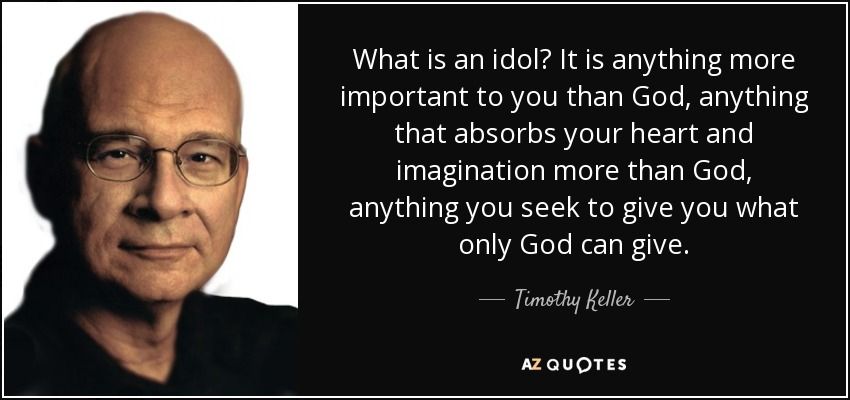
5. Pay attention to development. nine0057
Emptiness can deprive a person of any opportunity to get on his feet in order to achieve success. You can't let circumstances take over. Do you dream of being an entrepreneur? It is important to communicate with successful people, go to personal growth trainings, read a lot of literature. Do you have a secret desire to try your hand at acting or perform on stage? Do not deny yourself the idea of expressing yourself.
Why not get a special education, watch educational videos, find useful contacts. It is important to work your way to a better future and assert yourself. Then emptiness will have no place in your life. nine0003
6. Find your own interests.
Work-home-work-bar-home-cafe and so on in a circle. Routine not only erases the boundaries of reality, it kills in you all interest in another kind of activity. On weekends, you can go out of town to pick mushrooms or visit the swimming pool. Hobbies dilute ordinary days that make you be responsible, do duties, maybe pretend.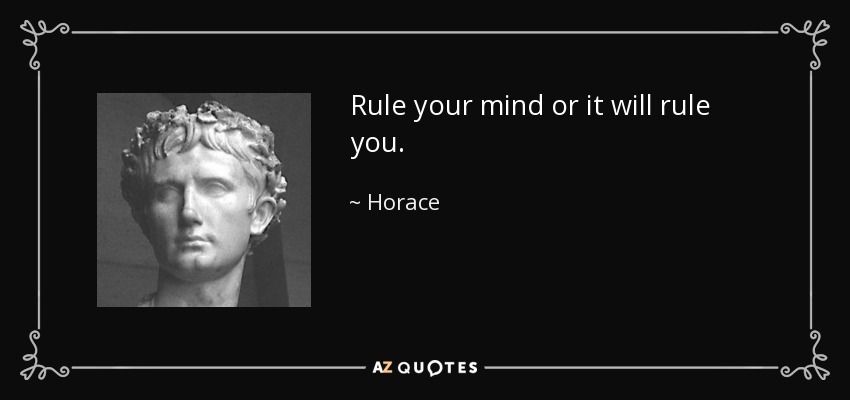 Hobbies are a way to regain freedom and a taste for creativity.
Hobbies are a way to regain freedom and a taste for creativity.
If the emptiness inside does not give you peace, apply these tips and you will feel the result. Do not be afraid to make mistakes, try to take control of the situation and start the path of your own liberation. It may be difficult at first, but soon this terrible feeling of devastation will leave you. Do not let every little thing negatively affect you, but strive to remain neutral - this will save your state and give you a sense of confidence. nine0003
Take a stress test
“It's like there's an emptiness inside” - what to do if the connection with oneself is broken
“I feel like there's an emptiness inside. It is even difficult for me to understand what I feel and what I want. Previously, I probably did not notice this - I just tried to fill the time as much as possible with communication, books, TV, so as not to be alone with myself. But now the emptiness is growing…”
Often a person lives with a feeling of inner emptiness from early childhood, but does not realize this, but only vaguely guesses that he is somehow different from others – more dependent on other people’s views, someone else’s assessment, someone else’s opinion.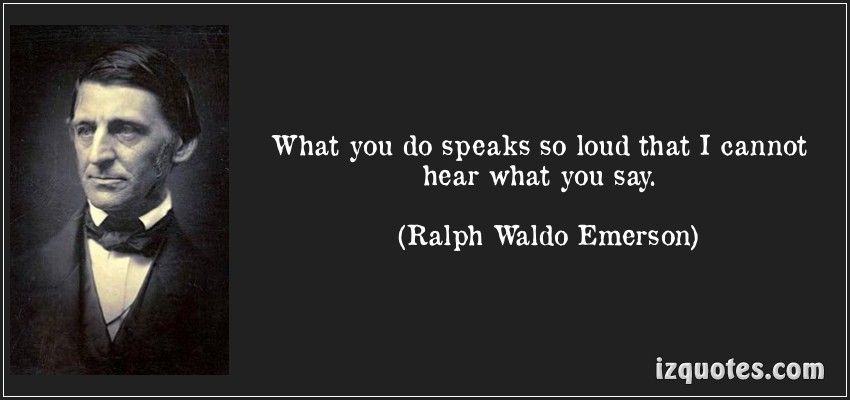 It is difficult for him to be alone, because immediately this painful feeling of emptiness arises. Therefore, such people are often very sociable, they can become the soul of the company. nine0003
It is difficult for him to be alone, because immediately this painful feeling of emptiness arises. Therefore, such people are often very sociable, they can become the soul of the company. nine0003
However, here is a paradox: a person himself has to make considerable efforts to communicate, since any communication for him is inevitably associated with the fact that he will be evaluated, and without communication he remains as if in a vacuum - after all, he cannot emotionally saturate himself at all , it needs a constant external recharge. The same nourishment is required for his self-esteem, since it is very dependent on the assessment of others.
These people are often perfectionists - after all, if you do everything perfectly, you are more likely to receive praise. It is very important for them how they look, how stylish and expensive they are dressed. nine0003
The state of inner emptiness is most often formed in early childhood as a result of a lack of love and care of parents (hypoprotection) or excessive, excessive care (hyperprotection).
In the first case, the child's needs for love and closeness are ignored, and in order to survive, the child begins to repress the pain associated with being rejected, and along with the pain, represses other emotions and desires. After all, if desires are not fulfilled, and it hurts so much, it’s better not to want and not to feel at all. nine0003
In the second case (with overprotection), the parents “want” for the child all the time – a lot and often. They do not hear the true needs of the child and do not consider them. Such a child not only does not form normal boundaries, but the connection with himself, his emotions, desires is also broken, often there is a displacement of a part of the personality by parental introjects.
As a result, in both cases, in adulthood, a lack of connection with one’s inner Parent is acutely manifested, there may be a lack of basic trust in the world (during hypoprotection, parents broadcast to the child “there is no one to protect you,” you, because the world is very dangerous").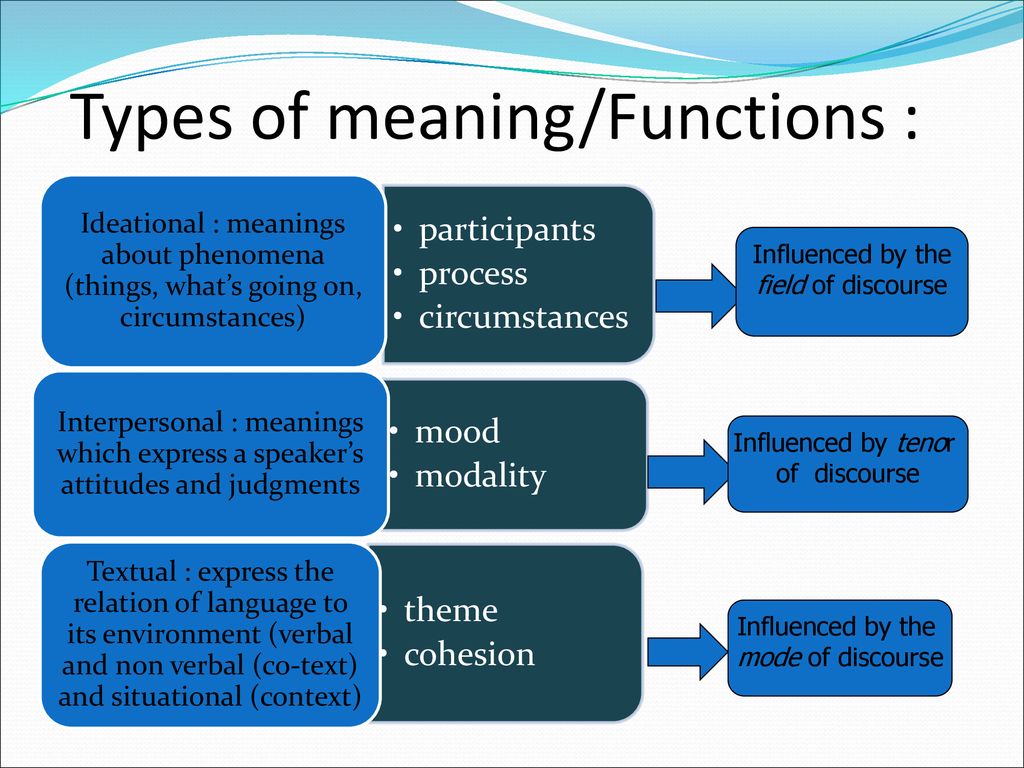 There is also an inability to recognize other people's emotions, as it is difficult to recognize one's own. Because of this, there are difficulties in communication, which is urgently needed because of the need to please and thereby nourish your self-esteem. nine0003
There is also an inability to recognize other people's emotions, as it is difficult to recognize one's own. Because of this, there are difficulties in communication, which is urgently needed because of the need to please and thereby nourish your self-esteem. nine0003
It happens that the feeling of inner emptiness first appears in adulthood, if a person experiences unbearable emotions for a long time, and in order to survive, unconsciously blocks his ability to feel.
Thus, inner emptiness is never completely empty. It is always the result of the repression of strong negative emotions (at an early age or in adulthood).
If you ask to imagine emptiness as an image, each person will have their own, special. That is, it always has content. Emptiness can be successfully dealt with in therapy. Even at the initial stage, when it is only possible to determine the causes of its occurrence, to understand what repressed emotions it is filled with, the feeling of emptiness, as a rule, weakens.


